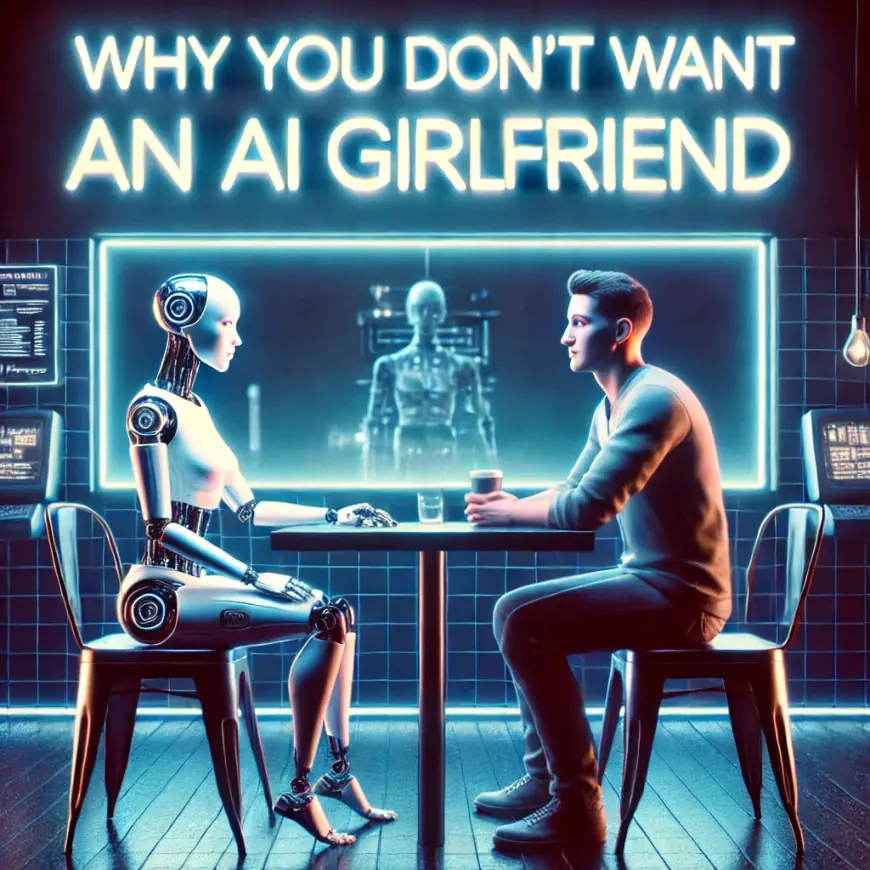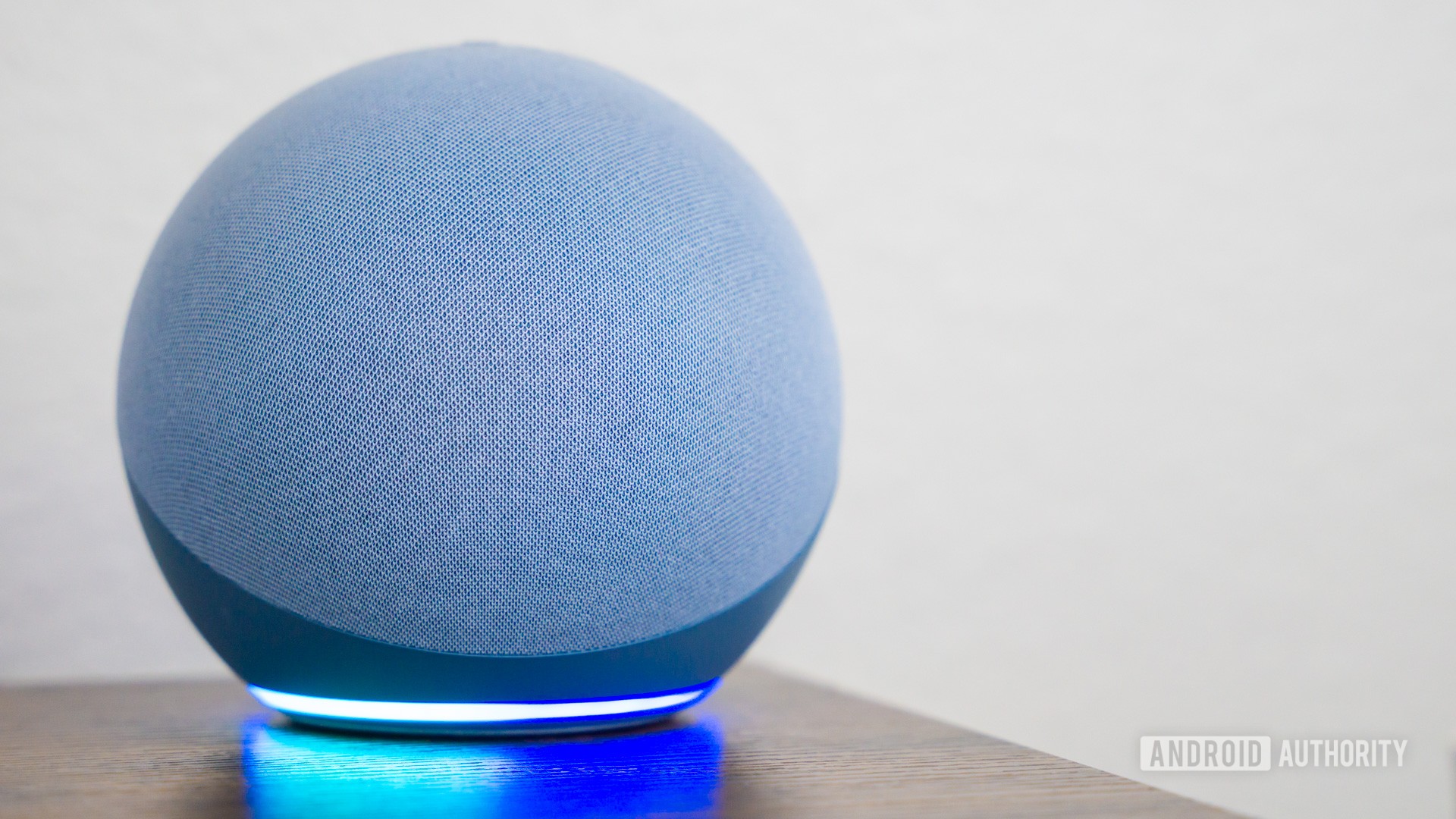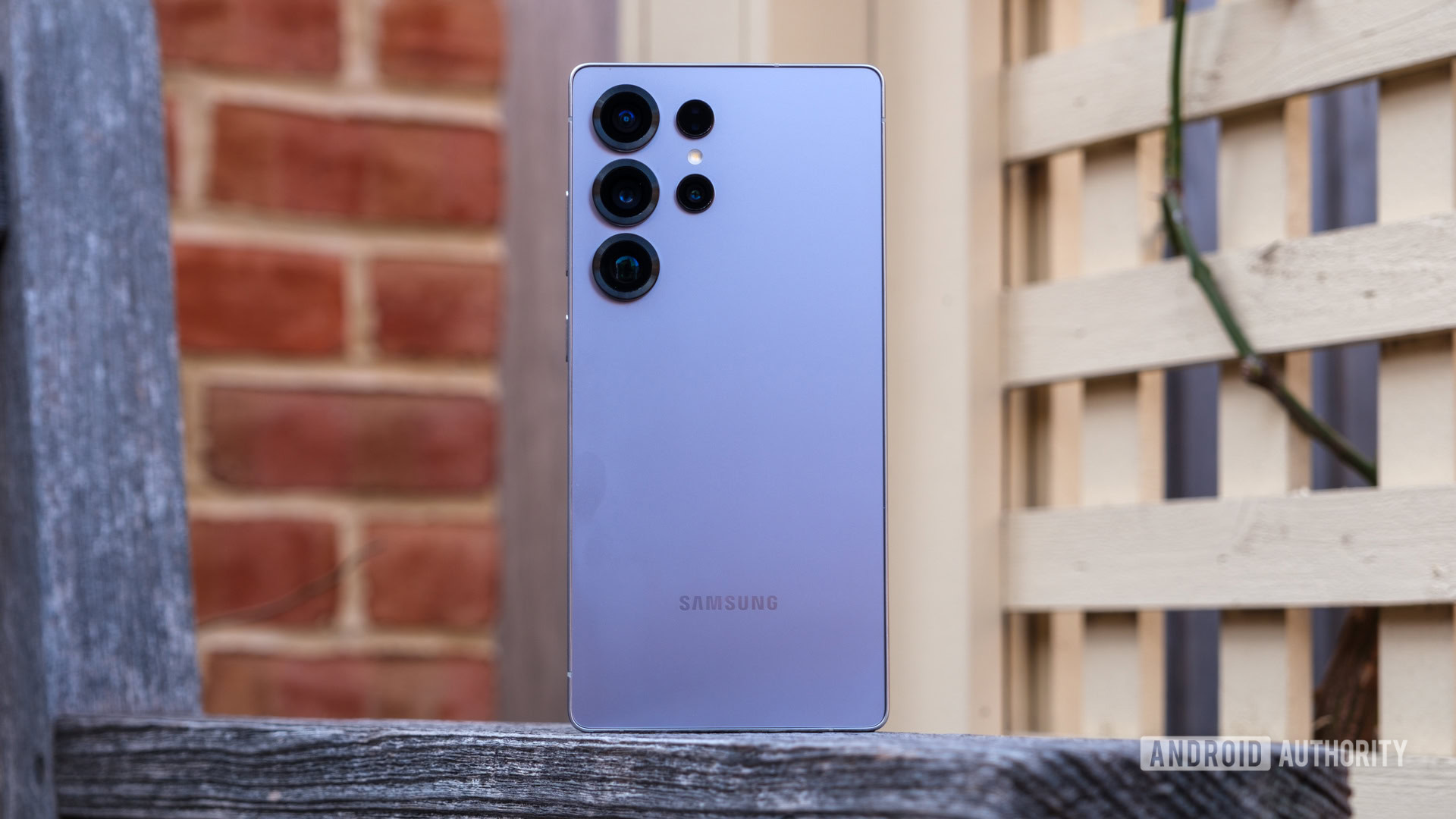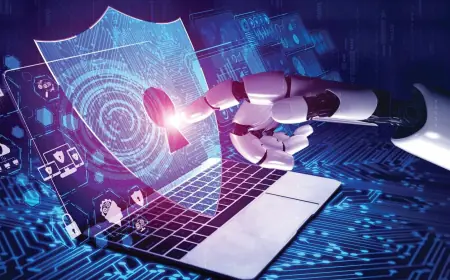Why You Don’t Want an AI Girlfriend

In a world where technology has seamlessly blended into every aspect of our lives, it’s not surprising to see people turning to artificial intelligence for companionship. AI girlfriends are becoming a popular trend, with chatbots, virtual partners, and even humanoid robots making their way into the market. They promise endless attention, zero judgment, and personalized interactions. But as tempting as it sounds to have an always-available AI partner, there are some significant drawbacks that need serious consideration.
While AI technology is advancing at an astonishing pace, creating lifelike simulations of human behavior, relationships require more than just programmed responses. Human emotions, empathy, and real-world experiences cannot be fully replicated by algorithms. So, if you're contemplating the idea of having an AI girlfriend, here are a few reasons why it might not be the perfect solution you think it is.
The Emotional Disconnect in AI Relationships
One of the main reasons people seek relationships is emotional connection. In real-life relationships, emotions are complex, messy, and sometimes unpredictable. But that’s what makes human interactions meaningful and genuine. An AI girlfriend, on the other hand, operates on pre-programmed responses and data sets. She’ll say what you want to hear and never challenge you emotionally.
For instance, if you’re feeling down, an AI tool might recognize your mood based on your text inputs or voice tone. However, it’s simply executing a command to comfort you, without genuinely understanding your emotions. It lacks the ability to feel or empathize. This emotional void can make interactions feel hollow, even if the AI appears lifelike on the surface.
Imagine trying to share your deepest fears or personal stories with an AI partner. You might get a reassuring reply, but there’s no actual comprehension of your emotions. It’s like talking to a mirror that only reflects what you want to see. Similarly, AI interactions tend to lack the unpredictability and spontaneity that make human conversations rich and engaging.
-
AI lacks genuine empathy.
-
Responses are based on algorithms, not emotions.
-
Emotional support feels artificial and hollow.
-
Conversations lack spontaneity and unpredictability.
The Risk of Dependency and Isolation
AI girlfriends are designed to be perfect companions. They don’t argue, they’re always available, and they adapt to your preferences. While this may seem appealing, it can lead to unhealthy dependencies. People might start relying on AI for emotional support instead of seeking human connections. This can result in social isolation, which is detrimental to mental health.
In real relationships, disagreements and challenges help us grow as individuals. They teach us patience, understanding, and compromise. An AI girlfriend, however, will always conform to your needs, which might make you less adaptable in real-world social interactions. Consequently, this can hinder personal growth and make it harder to form meaningful relationships with real people.
Similarly, relying on an AI kiss video generator to simulate intimacy further distances individuals from genuine human connections. While it may offer temporary amusement or comfort, it’s a far cry from experiencing real affection. There’s a risk that such tools might create unrealistic expectations about what a relationship should be, leading to disappointment when interacting with real people.
-
Over-reliance on AI leads to social isolation.
-
Lack of real-life challenges hinders personal growth.
-
AI-generated intimacy doesn’t replace real affection.
-
Creates unrealistic relationship expectations.
Privacy Concerns and Data Usage
When you interact with an AI girlfriend, every conversation, preference, and personal detail you share is data. This data can be used to improve the AI’s responses, but it also raises serious privacy concerns. How secure is this data? Who has access to it? And what happens if it’s hacked or leaked?
Many AI tools are cloud-based, meaning your interactions are stored on servers that could potentially be compromised. Even if companies claim to prioritize privacy, there’s always a risk involved when personal data is stored online. The idea of intimate conversations being recorded and analyzed is unsettling.
In comparison to human relationships, where privacy is respected (at least ideally), AI interactions are inherently vulnerable to breaches. The more you rely on an AI partner, the more you’re exposing yourself to potential data misuse. Additionally, the ethical implications of how companies use this data to refine their AI models are worth considering.
-
AI interactions involve data storage.
-
Privacy risks are significant.
-
Intimate conversations could be exposed.
-
Ethical concerns about data usage by AI companies.
Lack of Genuine Human Experience
Real relationships are built on shared experiences. Whether it’s traveling together, enjoying meals, or simply sitting in silence, human bonds are strengthened through these moments. An AI girlfriend cannot replicate these experiences in the same way. She might simulate conversations about travel destinations, but she won’t be able to join you on those trips.
Human beings crave authenticity in relationships. We value the quirks, imperfections, and spontaneous moments that make each person unique. An AI partner might be able to mimic some of these traits, but it’s still a simulation. The uniqueness of human experiences is irreplaceable.
Moreover, the reliance on AI for companionship could make us lose sight of what it means to connect with real people. We’re already living in an age where screen time dominates our lives. Introducing AI relationships might push us further into a digital bubble, making real-world interactions seem unnecessary or burdensome.
Similarly, using AI-generated tools for companionship could blur the lines between reality and simulation. People may begin to value convenience over authenticity, losing sight of the depth and meaning that real relationships bring.
-
Real experiences create stronger bonds.
-
AI cannot replace shared human moments.
-
Digital interactions risk distancing us from reality.
-
Convenience may overshadow authenticity in relationships.
The Moral and Ethical Implications
Another aspect to consider is the moral and ethical implications of AI relationships. What does it say about society if we start replacing human connections with artificial ones? Are we prioritizing convenience over genuine human bonds?
There’s also the concern about how these AI partners are developed. Many AI tools are trained using vast amounts of data from real human interactions. Some of these interactions might have been obtained without proper consent. This raises ethical questions about how AI learns to mimic human behavior.
Furthermore, if AI girlfriends become mainstream, it could impact societal views on relationships and intimacy. It might normalize the idea that companionship can be bought or programmed, rather than nurtured through mutual effort and respect.
Another moral concern is the potential exploitation of AI personas. Creating AI tools that simulate romantic partners could lead to unrealistic portrayals of relationships, promoting unhealthy dynamics where one partner’s needs are always prioritized.
-
AI relationships raise ethical concerns.
-
Data usage in AI training may lack consent.
-
Societal views on relationships could be negatively impacted.
-
Unrealistic portrayals of relationships could promote unhealthy dynamics.
Real Relationships vs. AI Partners
While an AI girlfriend might seem like an easy solution to loneliness, it’s important to recognize the value of real relationships. Human connections are messy, imperfect, and sometimes challenging, but that’s what makes them meaningful. They help us grow, learn, and experience life in its fullest form.
- AI tools for companionship can mimic human behavior but lack true emotional understanding.
- They cannot provide genuine experiences or the level of support a real person offers.
- While AI tools may improve, human connection remains irreplaceable.
- AI-generated content, like an AI kiss video, offers entertainment but lacks real intimacy.
- These tools simulate emotions but cannot create authentic human feelings.
- Relationships are based on respect, understanding, and mutual growth.
- They involve building a life together, sharing dreams, and supporting each other.
- AI companions may offer convenience but cannot replace true human connection.
Conclusion
The idea of having an AI girlfriend might sound appealing, especially in a fast-paced world where human connections can be challenging to maintain. However, the drawbacks far outweigh the benefits. From emotional disconnect and privacy concerns to the risk of isolation and ethical issues, there are many reasons why AI relationships are not a suitable replacement for real human bonds.
While technology has made impressive strides, it’s essential to remember that relationships require more than just algorithms and data. They require empathy, understanding, and shared experiences—things that no AI can truly replicate. So, before you consider an AI partner, take a moment to appreciate the value of real human connections and the irreplaceable warmth they bring to our lives.
What's Your Reaction?
 Like
0
Like
0
 Dislike
0
Dislike
0
 Love
0
Love
0
 Funny
0
Funny
0
 Angry
0
Angry
0
 Sad
0
Sad
0
 Wow
0
Wow
0















































